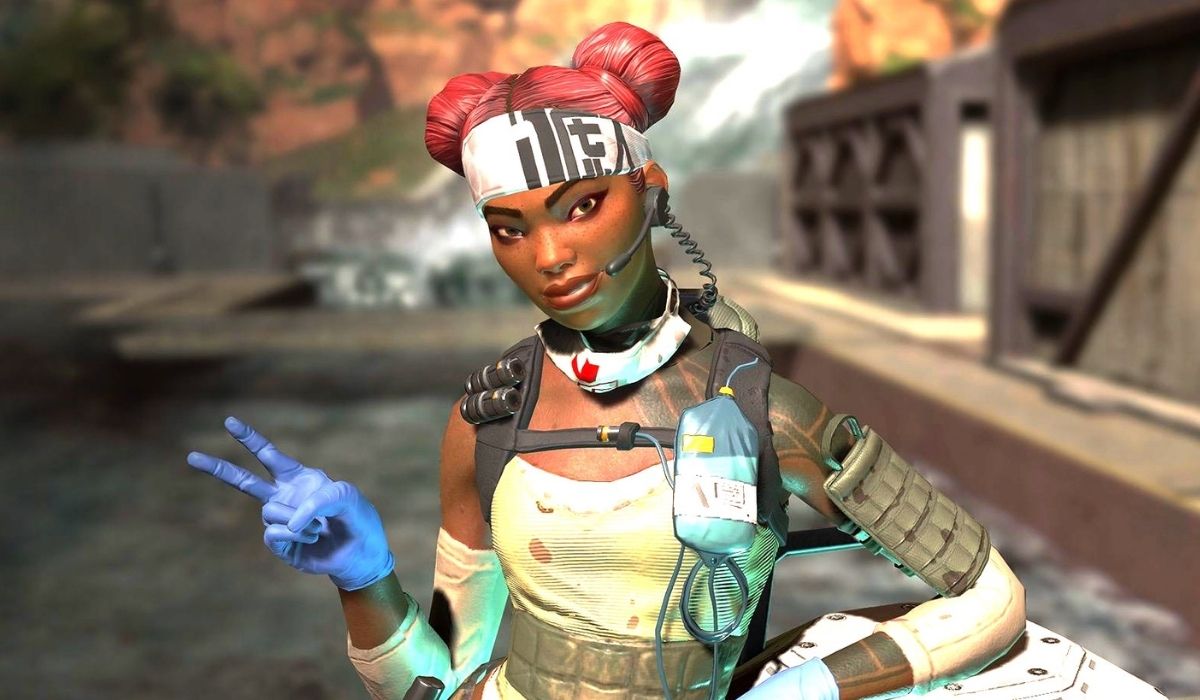Community, Leadership, Experimentation, Diversity, & Education
Pittsburgh Arts, Regional Theatre, New Work, Producing, Copyright, Labor Unions,
New Products, Coping Skills, J-O-Bs...
Theatre industry news, University & School of Drama Announcements, plus occasional course support for
Carnegie Mellon School of Drama Faculty, Staff, Students, and Alumni.
CMU School of Drama
Friday, March 04, 2022
Apex Legends: Lifeline's Accent Confusion Is a Representation Issue
The Mary Sue: Since the launch of Respawn’s Apex Legends, many have flocked to engage with the rich lore and background of each of the original eight-plus characters—all of whom exist within the greater Titanfall universe. As one of the few characters with accents representing the Caribbean in gaming, Ajay Che (a.k.a. Lifeline) has drawn a lot of questions about her accent and ethnicity from players who don’t want to feel like they’re being represented by a caricature.
Subscribe to:
Post Comments (Atom)

2 comments:
The video game community as a whole is definitely making leaps in their depictions of underrepresented individuals across the board. Newer first person shooter games that release characters somewhat often are especially spearheading this movement, one of which being Apex Legends. Their diverse cast of “legends” was so close but surely missed the mark with the character Lifeline. From the fictional place of Psamanth, she has a very vaguely Caribbean accent. The author of this article mentions a key point that many video game companies do not seem to realize when generating black characters: to separate from American Blackness, you cannot just mush together any other Black cultures. The biggest gripe with Lifeline, also known as Ajay Che, is that she is not a pinpointed person, but more an amalgamation of what is thought to be a non-American black woman. She has characterizations of being from Jamaica but nothing is ever fully stated and it gives a sense of mockery. I think more research needs to be put in for large scale video game companies to accurately portray people of color.
Accurate representation in video games is so important and is disappointedly not really a largely discussed issue in mainstream media. In a world where the amount of and impact of video games is increasing, proper representation on these platforms is seriously needed; video games are often a source of entertainment that younger people seek out, and the content that is exposed to these still growing minds should not be inaccurate or harmful. While I have not played Apex Legends before, I am a longtime player of a similar game, Valorant. I can say from personal experience that the cultural representation in Valorant is really well done; the voice actors for each playable character are all of the same ethnicity and from the same country as the character is in game. The article’s point about pinning the inaccurate representation on a fantasy culture is also unacceptable; it is insensitive to ignore the real life implications of perpetuating damaging stereotypes and inaccurate representation and then pin it on a make believe thing.
Post a Comment